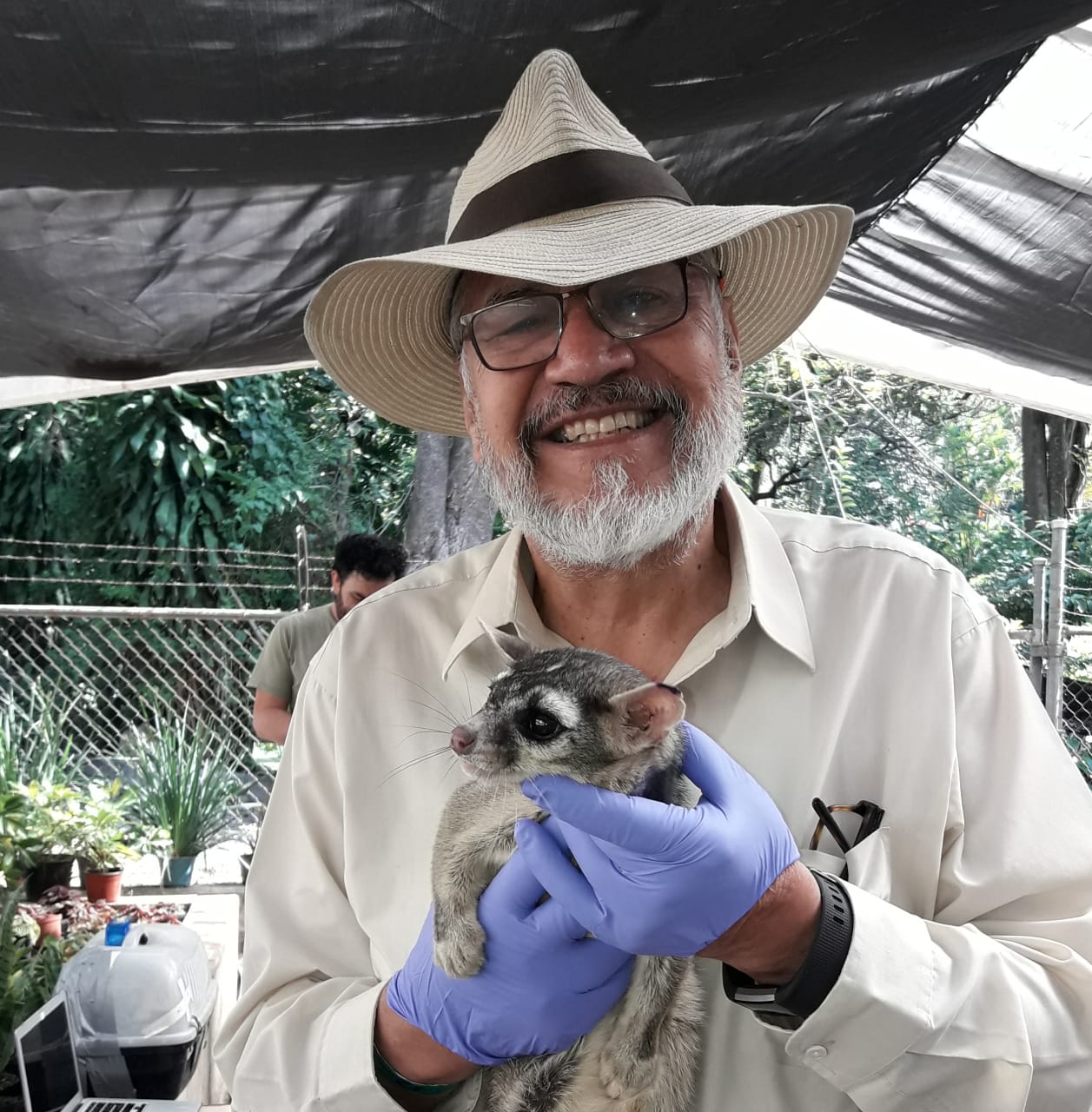
Bartonellae are emerging blood-borne bacteria that have been recovered from a wide range of mammalian species and arthropod vectors around the world. Bats are now recognized as a potential wildlife reservoir for a diverse number of Bartonella species, including the zoonotic Candidatus B. mayotimonensis. These bat-borne Bartonella species have also been detected in the obligate ectoparasites of bats, such as blood-feeding flies, which could transmit these bacteria within bat populations. To better understand this potential for transmission, we investigated the relatedness between Bartonella detected or isolated from bat hosts sampled in Mexico and their ectoparasites. Bartonella spp. were identified in bat flies collected on two bat species, with the highest prevalence in Trichobius parasiticus and Strebla wiedemanni collected from common vampire bats (Desmodus rotundus). When comparing Bartonella sequences from a fragment of the citrate synthase gene (gltA), vector-associated strains were diverse and generally close to, but distinct from, those recovered from their bacteremic bat hosts in Mexico. Complete Bartonella sequence concordance was observed in only one bat-vector pair. The diversity of Bartonella strains in bat flies reflects the frequent host switch by bat flies, as they usually do not live permanently on their bat host. It may also suggest a possible endosymbiotic relationship with these vectors for some of the Bartonella species carried by bat flies, whereas others could have a mammalian host.









